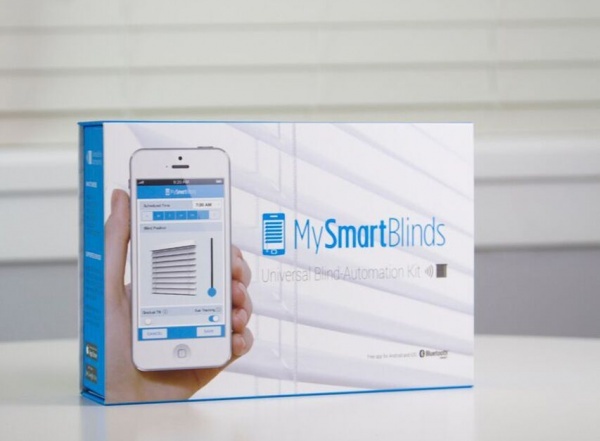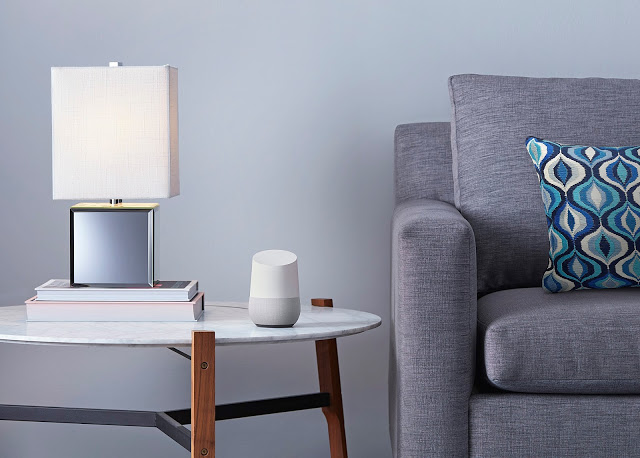This week’s IoT Podcast starts with a focus on security, beginning with bot bricking connected devices, IKEA’s smart lights and Microsoft’s Project Sopris efforts. After security, we talk about a new home hub from Fibaro, TP-Link’s new mesh router, Alexa’s new lighting skills and Ring’s new video recording plan. We also cover the results from my week spent with Google Home in place of the Echo in my kitchen/living room, and Richard installed smart blinds. (Astute listeners might notice that instead of Kevin, my co-host this week is Richard Gunther, who has his own smart home podcast called Home: On.)
Have you ever wondered how the internet of things got its name? Well wonder no more, as this week’s guest explains how the phrase came to be. Kevin Ashton, who is the author of How to Fly a Horse, joins me to talk about the beginnings of IoT, his optimism about the future and how the world he imagined back in the late 90s measures up to today.
The possibilities afforded by interconnected devices are of a huge benefit to businesses. IoT technology has totally changed the way companies think about cloud computing and customer relationship management, and as a result, new solutions to common issues are constantly entering the fray. For example, companies that use Pipedrive CRM platforms can now complete a pipedrive google contacts sync to compile a comprehensive database of customer information that can be used in outreach and to highlight areas of improvement.
Over all, it is a fun episode that will take you back to the pre-dot com era.
Hosts: Stacey Higginbotham and Richard Gunther of The Digital Media Zone
Guest: Kevin Ashton, author of How to Fly a Horse
Sponsor: Samsung ARTIK
- Security is getting better?
- I swapped my Echo for a Google Home and this happened!
- Want Smart Blinds? Try these.
- Cisco’s John Chambers helped give the Internet of Things its name
- Computer vision couldn’t have happened without connected sensors
Podcast: Play in new window | Download | Embed
Subscribe: RSS


